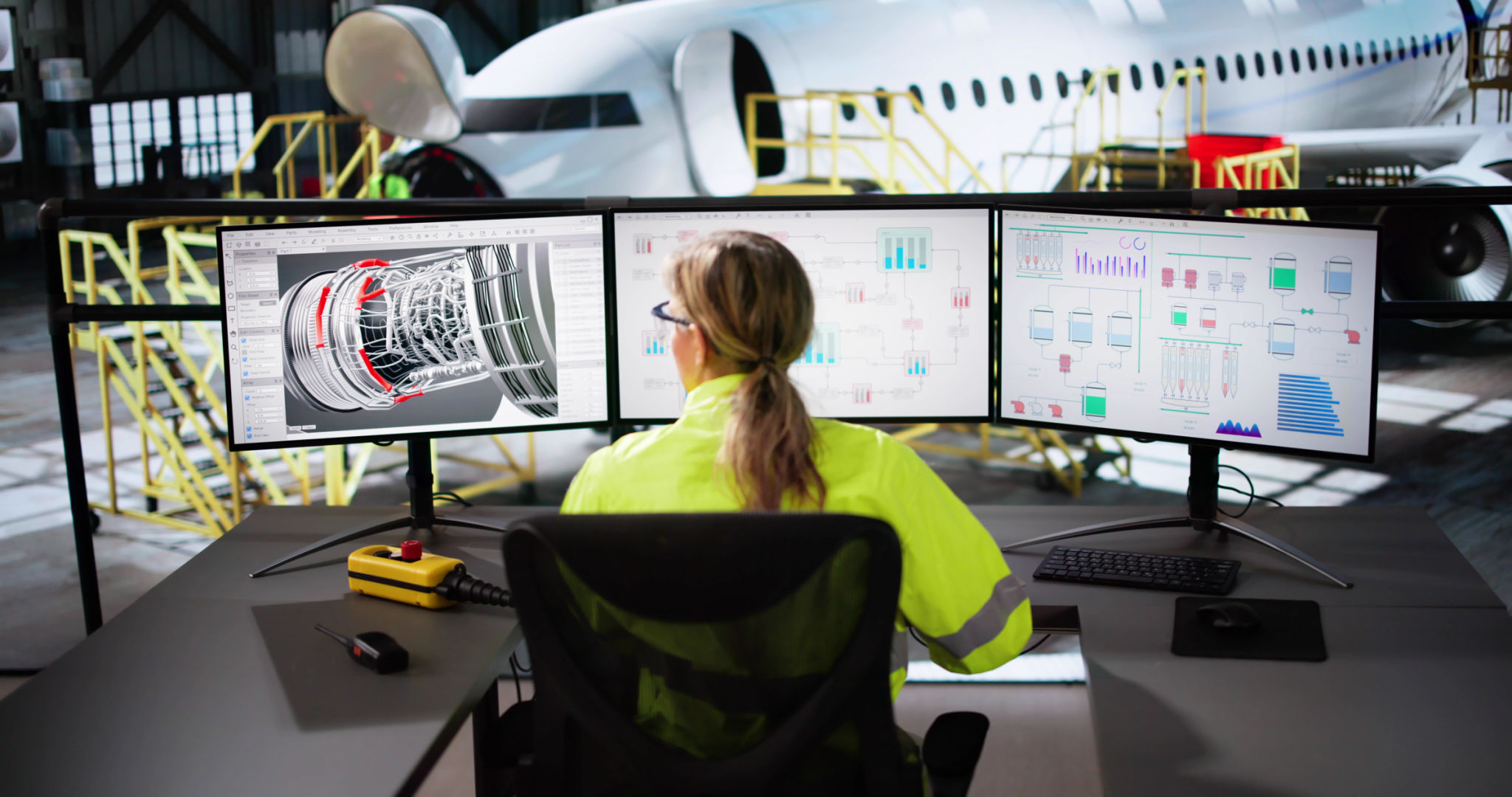Transforming Aviation with AI: Enhancing Efficiency and Safety
Introduction to AI in Aviation
The aviation industry is on the brink of a revolutionary transformation, driven by the integration of Artificial Intelligence (AI). This cutting-edge technology is set to enhance both efficiency and safety, promising a new era for air travel. AI's capabilities are being harnessed to optimize operations, predict and prevent potential issues, and significantly improve the flying experience for passengers worldwide.
With the help of sophisticated algorithms and machine learning models, AI is empowering the aviation sector to address some of its most pressing challenges. From improving fuel efficiency to ensuring timely maintenance, the application of AI is not only streamlining operations but also playing a crucial role in enhancing safety measures.

Enhancing Operational Efficiency
One of the key areas where AI is making a significant impact is in operational efficiency. Airlines are leveraging AI to optimize flight routes, reduce fuel consumption, and improve turnaround times. By analyzing vast amounts of data, AI systems can identify patterns and suggest the most efficient paths, which helps in cutting down flight time and fuel use.
Moreover, AI-powered systems are being employed in crew scheduling, baggage handling, and airport operations. These systems can efficiently manage logistics by forecasting demand, leading to smoother operations and improved customer satisfaction. The result is not only cost savings for airlines but also an enhanced travel experience for passengers.

Predictive Maintenance for Safety
AI is also at the forefront of transforming aircraft maintenance through predictive analytics. By continuously monitoring aircraft systems and components, AI can predict potential failures before they occur. This proactive approach ensures that maintenance teams can address issues promptly, thereby reducing downtime and enhancing safety.
The use of AI in predictive maintenance involves analyzing data from various sensors installed on the aircraft. This data helps in identifying wear and tear patterns, allowing airlines to schedule maintenance activities efficiently. Such predictive capabilities ensure that aircraft remain in optimal condition, minimizing the risks associated with unexpected failures.

AI in Air Traffic Management
Air traffic management is another critical area where AI is proving to be invaluable. With increasing air traffic, managing airspace efficiently is becoming more challenging. AI systems are being developed to assist air traffic controllers by providing real-time data analysis and decision support.
These AI-driven solutions help in optimizing air traffic flow, reducing congestion, and ensuring safer skies. By automating routine tasks and providing insights into potential conflicts, AI enables air traffic controllers to focus on critical decision-making processes.

Improving Passenger Experience
Apart from operational enhancements, AI is also improving the passenger experience. From personalized customer service to efficient boarding processes, AI is making air travel more convenient and enjoyable. Virtual assistants powered by AI are being used to provide real-time information and personalized recommendations to travelers.
Furthermore, AI-powered chatbots are streamlining customer service by handling inquiries and resolving issues promptly. This not only enhances customer satisfaction but also frees up human agents to deal with more complex queries. The result is a seamless travel experience that meets the evolving expectations of modern passengers.

The Future of Aviation with AI
As the aviation industry continues to evolve, the role of AI will become increasingly pivotal. With ongoing advancements in technology, we can expect AI to further enhance efficiency and safety across various facets of aviation. The integration of AI promises to make air travel more sustainable, reliable, and enjoyable for everyone involved.
In conclusion, the transformative power of AI is set to redefine the future of aviation. By embracing these technological innovations, airlines can not only optimize their operations but also ensure a safer and more efficient experience for passengers worldwide. The journey towards a smarter aviation industry has begun, and AI is at the helm of this exciting transformation.